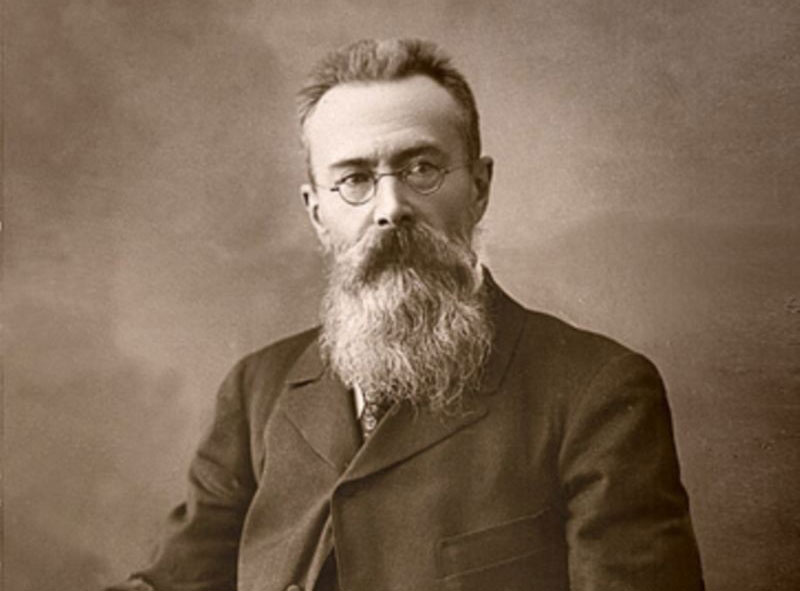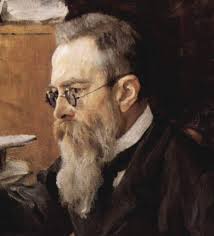Introduction:
In the world of classical music, there are composers whose works continue to captivate audiences even long after their time. One such luminary is Nikolai Rimsky-Korsakov, a legendary Russian composer, conductor, and teacher. Rimsky-Korsakov’s musical genius and his significant contributions to the realm of orchestral music have secured him a permanent place in the annals of music history. Let’s delve into the life and legacy of this remarkable composer.
Early Life and Musical Journey:
Nikolai Rimsky-Korsakov was born on March 18, 1844, in Tikhvin, a small town in northwestern Russia. From a young age, Rimsky-Korsakov exhibited exceptional musical talent, displaying an innate understanding of melodies and harmonies. At the age of twelve, he began taking piano lessons and soon developed a deep love for music.
Education and Naval Career:
Rimsky-Korsakov’s path to becoming a professional musician took an unconventional turn when he joined the Imperial Russian Navy as a midshipman. While serving in the navy, he continued to nurture his musical skills and composed several pieces during his spare time. However, it was only after meeting composer Mily Balakirev that Rimsky-Korsakov’s true potential as a composer began to flourish.
The Mighty Five:
Rimsky-Korsakov became a prominent member of a group of five Russian composers known as “The Mighty Five” or “The Five.” This group, which included Balakirev, Cui, Borodin, and Mussorgsky, aimed to establish a distinctly Russian style of music, distinct from Western European influences. Rimsky-Korsakov’s contributions to this movement showcased his exceptional talent for orchestration and his ability to infuse Russian folk melodies into his compositions.
Mastery of Orchestration:
One of Rimsky-Korsakov’s greatest strengths as a composer was his mastery of orchestration. His understanding of various instruments and their capabilities allowed him to create breathtaking musical landscapes that brought his compositions to life. His orchestral suites, such as “Scheherazade,” “Capriccio Espagnol,” and “Russian Easter Festival Overture,” are testament to his remarkable skill in blending rich melodies with vibrant orchestral colors.
Operatic Brilliance:
Alongside his instrumental compositions, Rimsky-Korsakov also left an indelible mark on the world of opera. His operas, including “The Snow Maiden,” “Sadko,” and “The Golden Cockerel,” display his ability to weave captivating narratives with beautiful melodies and dramatic flair. Rimsky-Korsakov’s operatic works not only showcased his exceptional compositional talent but also contributed to the evolution of Russian opera.
Teaching and Legacy:
In addition to his creative endeavors, Rimsky-Korsakov was a dedicated and influential teacher. He served as a professor of composition and orchestration at the Saint Petersburg Conservatory, where he mentored several prominent composers, including Igor Stravinsky. His teachings and treatises on music theory, such as “Principles of Orchestration,” continue to be studied and revered by aspiring composers worldwide.
Conclusion:
Nikolai Rimsky-Korsakov’s extraordinary contributions to the world of classical music have solidified his place as one of the most influential Russian composers of all time. His ability to infuse his compositions with rich melodies, vibrant orchestrations, and a distinctly Russian identity make his works instantly recognizable and deeply moving. Rimsky-Korsakov’s legacy lives on through his timeless compositions and his enduring influence on generations of musicians.


Comments are closed